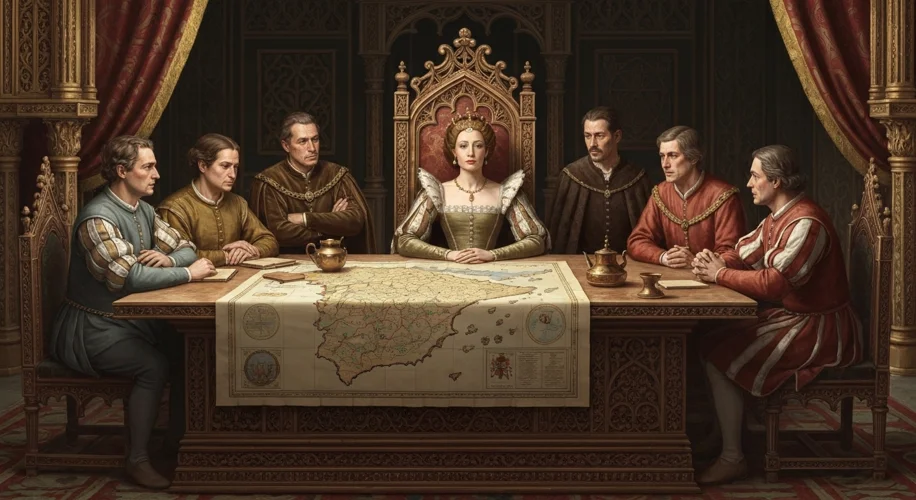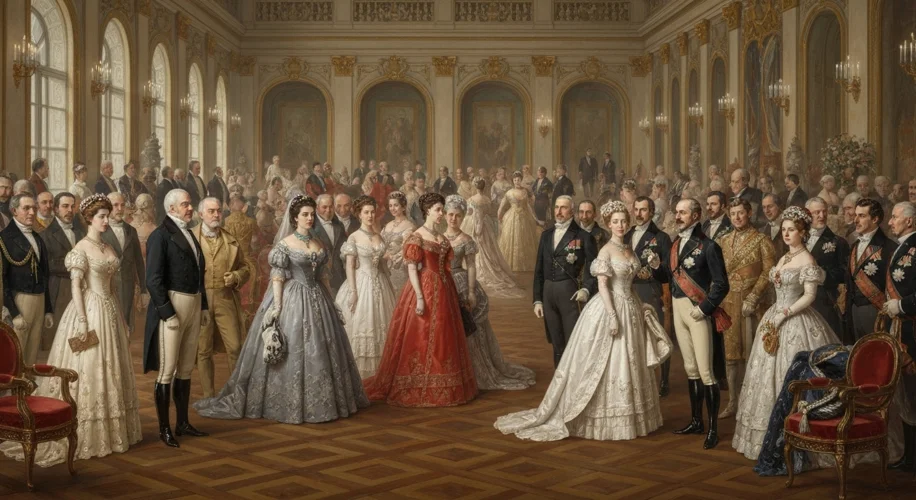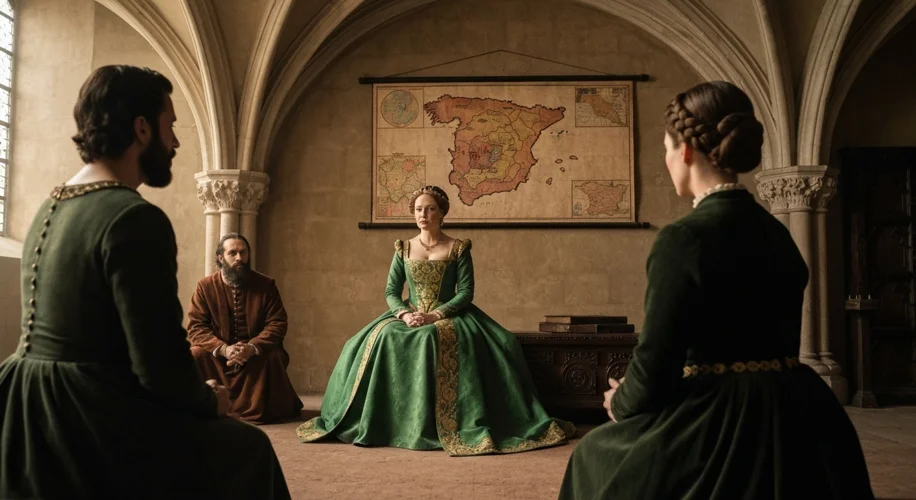History is often painted with broad strokes of war, treaties, and the grand pronouncements of kings and queens. Yet, beneath the veneer of statecraft, a far more intimate and potent force has frequently shaped the destiny of nations: human sexuality.
From the gilded cages of royal courts to the hushed whispers of political intrigue, personal relationships, marriages, and even perceived sexual proclivities have been wielded as deliberate tools in the complex art of diplomacy. This wasn’t merely about the continuation of dynasties; it was about forging alliances, securing peace, and undermining rivals, often with love and lust as the unseen, yet decisive, negotiators.
Consider the marriage of Ferdinand II of Aragon and Isabella I of Castile in 1469. This union was far more than a romantic entanglement; it was a calculated political maneuver that laid the foundation for a unified Spain. Their marriage treaty, negotiated with immense care, bound two powerful kingdoms together, a strategic alliance that would eventually lead to the Reconquista and the Age of Exploration. The personal desire for unification, coupled with the dynastic imperative to produce heirs, intertwined seamlessly with geopolitical ambition.

Centuries earlier, in the brutal political landscape of ancient Rome, the relationships of its powerful figures were often instruments of state. Livia Drusilla, the formidable wife of Emperor Augustus, was a master of political influence, her personal life and her relationships with her children and stepchildren intricately woven into the fabric of imperial succession and policy. Her alleged use of poisons, whispered about by ancient historians, paints a chilling picture of how perceived control over personal intimacies could translate into political power.
In a different vein, the famed ‘Grand Tour’ undertaken by young European aristocrats during the 17th and 18th centuries was not solely an educational pilgrimage. For many, it was a period of sexual exploration and encounter that could forge unexpected connections and influence future diplomatic ties. The liaisons formed in the salons of Paris or the backstreets of Rome could, in some instances, provide intelligence or create personal loyalties that would later be leveraged on the international stage.
Perhaps one of the most dramatic examples of sexuality impacting statecraft can be found in the court of Louis XIV of France, the Sun King. His meticulous control over the nobility at Versailles, while ostensibly about projecting power and grandeur, also served to keep potential rivals close and under his watchful eye. The intricate web of patronage, favoritism, and romantic entanglements within the French court had direct implications for foreign policy, as alliances and rivalries mirrored the personal dramas unfolding within the palace walls.
Even the perception of one’s sexuality could be a potent weapon. In the 19th century, with shifting societal norms, accusations or implications of ‘unnatural’ behavior could be used to discredit political opponents or destabilize foreign regimes. The moral and sexual reputations of leaders were often scrutinized and manipulated by their enemies, demonstrating a keen awareness of how personal lives could be weaponized for political gain.
The late 19th and early 20th centuries saw the rise of ‘marriage diplomacy’ in a more overt fashion. Royal families across Europe, interconnected by a complex lineage, frequently used marriages to cement alliances and prevent wars. The marriage of Princess Alexandra of Denmark to the future Edward VII of the United Kingdom, for example, strengthened ties between Britain and Denmark, influencing European power dynamics.

These instances highlight a crucial, often overlooked, aspect of history: that the most intimate human drives have, and continue to, play a significant role in the grand theater of international relations. The history of diplomacy is not just written in treaties and battle plans, but also in the stolen glances, the strategic marriages, and the whispered secrets of the heart, proving that love, desire, and sexuality have always been potent, albeit often unspoken, tools of statecraft.
Understanding these personal dimensions enriches our appreciation of history, revealing the complex interplay between the private lives of individuals and the public affairs of nations. It reminds us that even in the highest echelons of power, humanity, in all its messy, passionate complexity, remains at the core of every decision.

